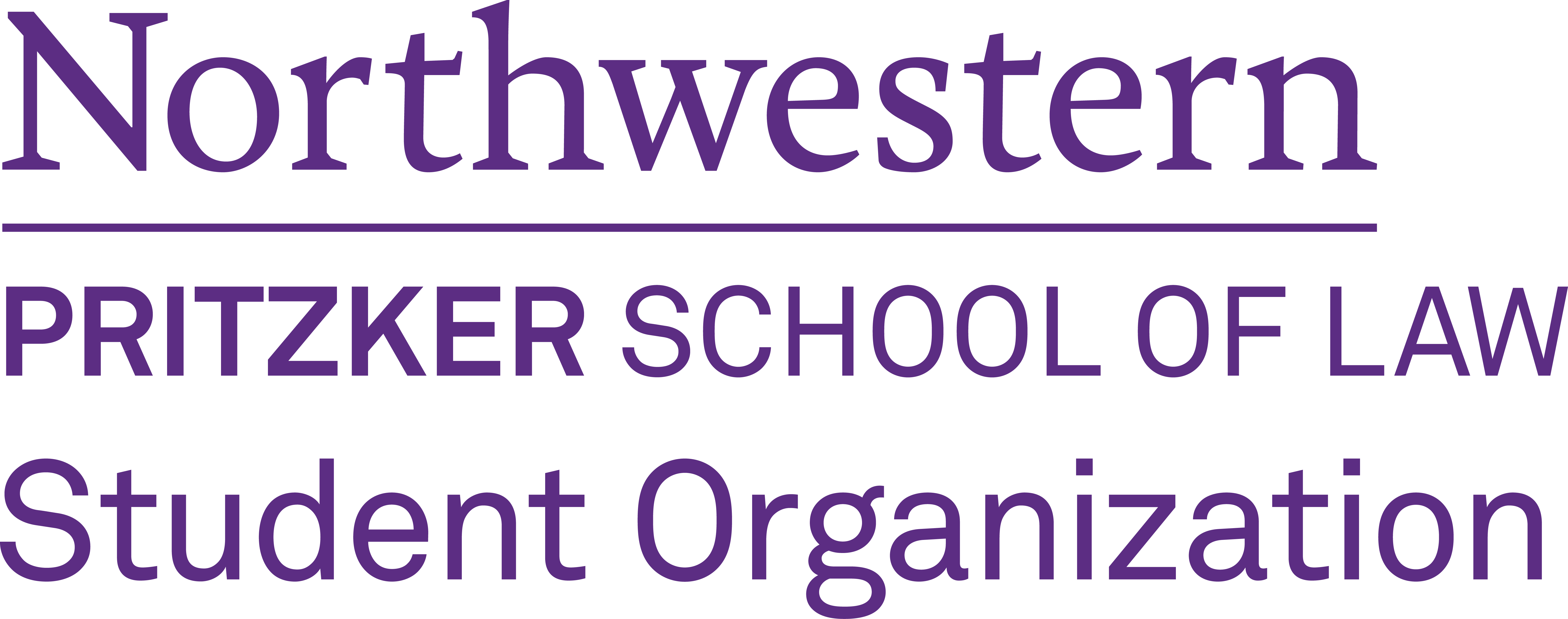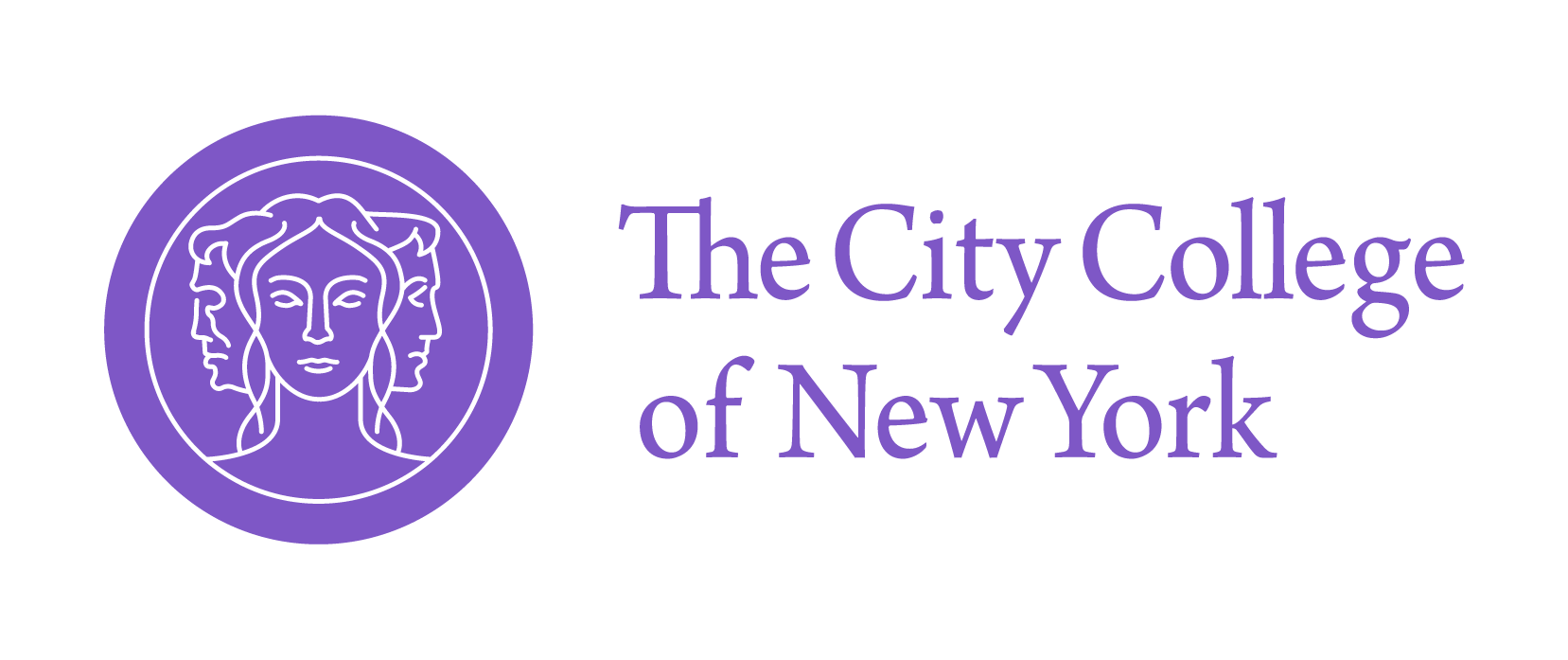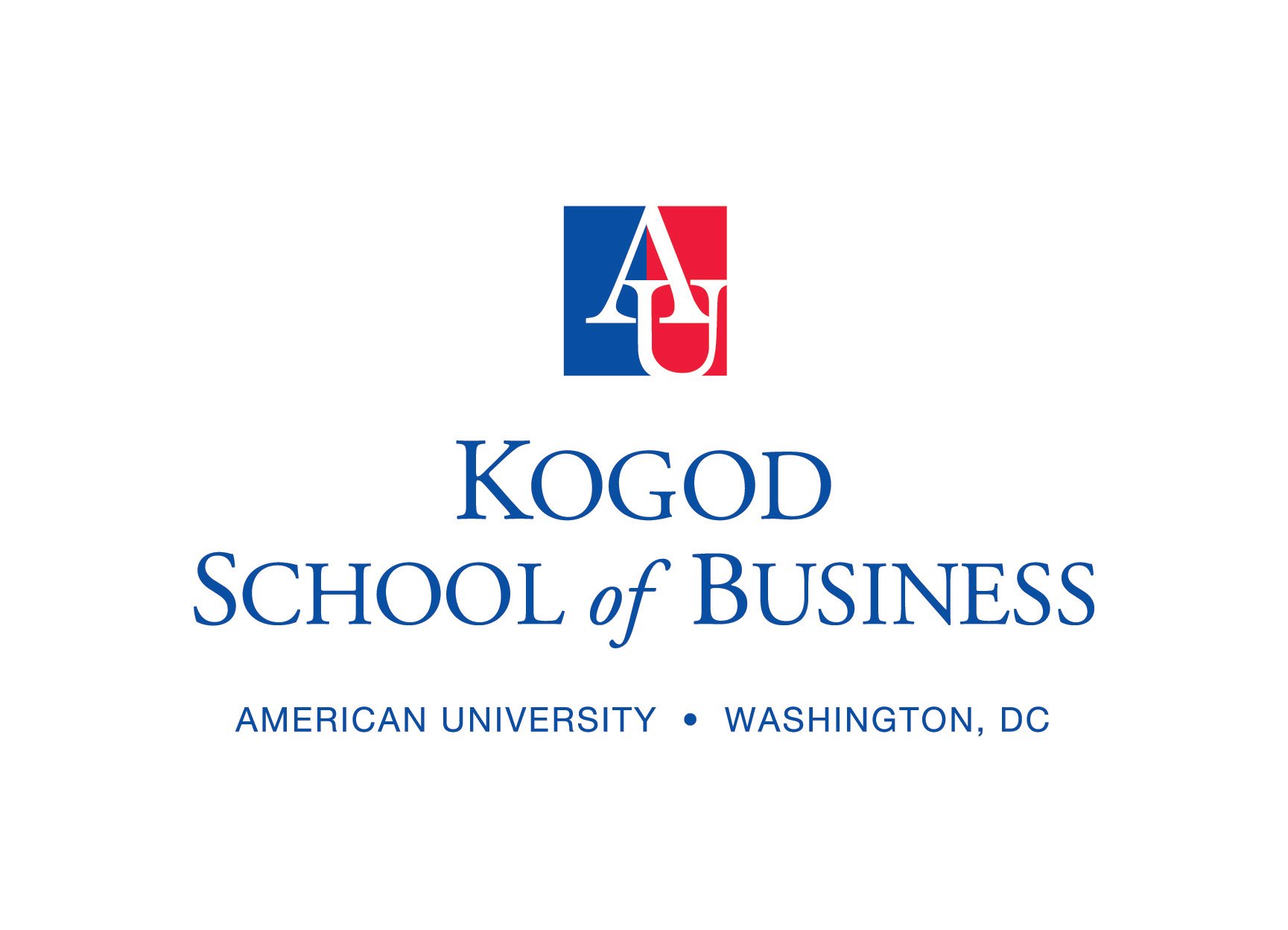Company Directory - Ford School of Public Policy
Company Details - Ford School of Public Policy

Ford School of Public Policy
WebsiteAnn Arbor, United States
The Ford School of Public Policy at the University of Michigan is dedicated to enhancing the public good through education, research, and leadership in public policy. It emphasizes critical thinking and analytical skills to address societal challenges, offering degrees at both undergraduate and graduate levels.
CCI Score
CCI Score: Ford School of Public Policy
48.22
-0.20%
Latest Event
Ford School STPP Releases Policy Briefs on Policing Technologies
The Ford School’s Science, Technology, and Public Policy program (STPP) has issued policy briefs examining the use of repressive policing technologies such as robot dogs, drones, and predictive policing algorithms. The reports highlight concerns over privacy violations, potential constitutional infringements, and biases against marginalized communities, and call for legislative safeguards to prevent abuse.
Take Action
So what can you do? Support Ford School of Public Policy by shopping, spreading the word, or offering your support.
- Shop Alternatives
SEE ALL - Use Your Voice
OTHER TOOLS - Investigate
- Share the Score
SUPPORT CCI
LEADER
Ford School of Public Policy is currently rated as a Leader.
Latest Events
 AUG202024
AUG202024The Ford School’s Science, Technology, and Public Policy program (STPP) has issued policy briefs examining the use of repressive policing technologies such as robot dogs, drones, and predictive policing algorithms. The reports highlight concerns over privacy violations, potential constitutional infringements, and biases against marginalized communities, and call for legislative safeguards to prevent abuse.
+50
Public and Political Behavior
April 18
The policy briefs represent a proactive political stance by urging policymakers to enact regulations that protect civil rights and prevent the abuse of surveillance technologies. This reflects a commitment to public oversight and the safeguarding of democratic principles.
+40
Technology and Services Impact
April 18
The briefs offer a critical assessment of emerging surveillance technologies, emphasizing their potential to infringe on privacy and amplify biases. By calling for stricter oversight and regulatory measures, the initiative promotes accountability in the deployment of repressive tech.
 JUN012024
JUN012024The Ford School of Public Policy released a policy brief examining the deployment of robotic dog technology by law enforcement. The brief outlines ethical concerns over its potential for surveillance and civil liberties violations and offers policy recommendations aimed at establishing oversight to counteract potential authoritarian misuse.
+70
Public and Political Behavior
April 18
The brief critically analyzes how the adoption of robotic dog surveillance by law enforcement could empower authoritarian practices, and it calls for increased transparency and oversight, a stand that supports civil liberties and democratic accountability.
Robot Dogs for Surveillance and Policing: Overview and Policy Recommendations
+65
Technology and Services Impact
April 18
The policy brief also scrutinizes the integration of advanced robotics and artificial intelligence in law enforcement, emphasizing risks associated with invasive surveillance technologies. Its recommendations aim to safeguard public rights by advocating for stringent regulatory oversight, thereby challenging authoritarian practices.
Robot Dogs for Surveillance and Policing: Overview and Policy Recommendations
 JAN012024
JAN012024Ford School’s Joe Schwarz and Richard Hall voiced concerns about the disproportionate influence of lobbyists in Michigan, noting that over $6 million has been spent to sway lawmakers, which undermines equal representation and marginalizes organizations without substantial resources.
+80
Public and Political Behavior
April 18
The experts from Ford School are publicly critiquing the influence of well-funded lobbyists on Michigan lawmakers, highlighting how excessive money in politics disadvantages under-resourced organizations. This stance supports transparency and democratic accountability, aligning with anti-authoritarian principles.
Schwarz and Hall raise concerns on the lobbying Michigan lawmakers faced in recent decades
 MAR312023
MAR312023Ford School of Public Policy experts, notably Joe Schwarz and Richard Hall, provided analysis on the impact of over $6 million spent by lobbyists on influencing Michigan lawmakers. Their insights contribute to greater transparency in understanding political influence and lobbying practices.
+25
Public and Political Behavior
April 18
The Ford School’s engagement in providing informed analysis on lobbying expenditures enhances public understanding of political influence, promoting transparency and accountability. This academic contribution counters authoritarian opacity and supports democratic processes.
Alternatives

San Jose, United States
73.65

Berkeley, United States
67.65

Evanston, United States
64.00

New York City, United States
59.71

Tallahassee, United States
58.62

Santa Clara, United States
58.44
Ithaca, United States
56.12

Cambridge, United States
54.17

Golden, United States
54.01

Washington, D.C., United States
52.67
Industries
- 541612
- Human Resources Consulting Services
- 611310
- Colleges, Universities, and Professional Schools
- 611699
- All Other Miscellaneous Schools and Instruction